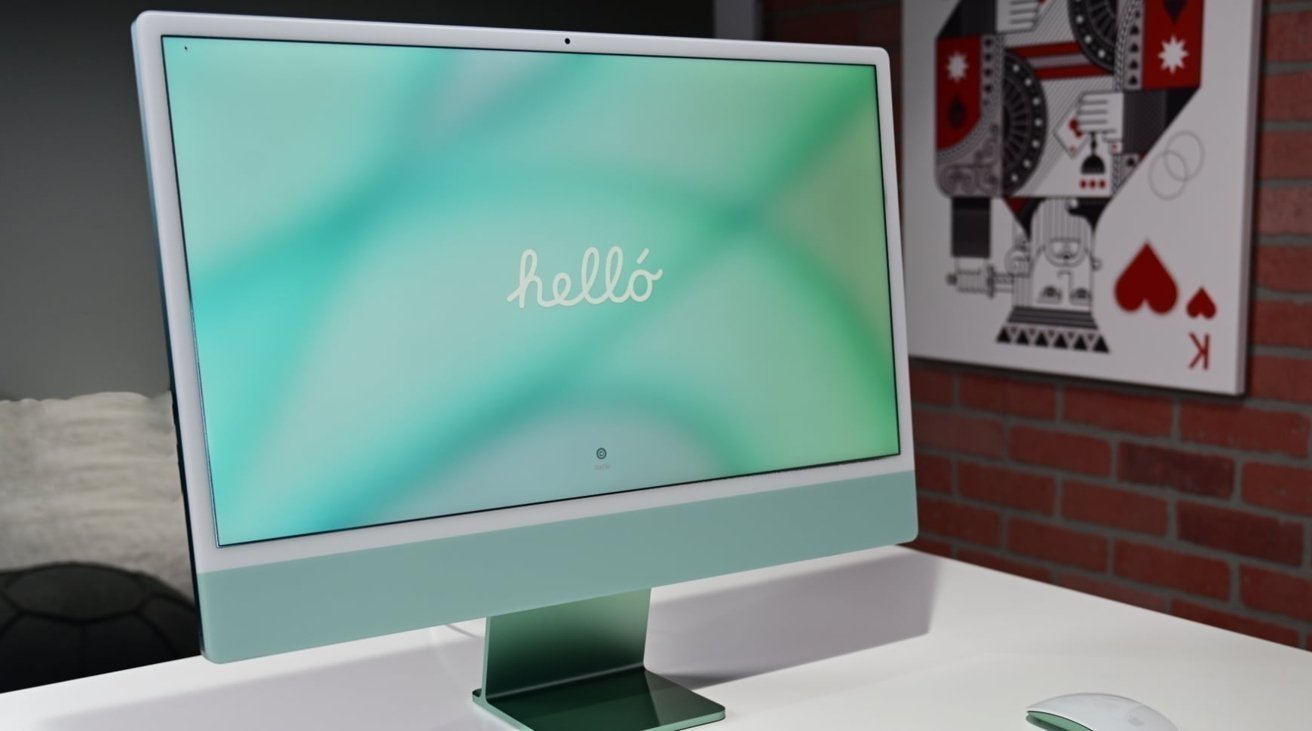Apple is still on track to bring out its first M3 models of Apple Silicon Macs before the end of 2023, a report claims, with an October launch for the models thought to be in the works.
Apple often launches new Macs in the fall as part of a catalog-wide refresh, and 2023 will probably involve the same routine. For this fall, launches in October are thought to include Mac and MacBook models using the M3 chip.
Writing in the "Power On" newsletter for Bloomberg, Mark Gurman says that an October event could happen for the Mac launches. For this fall, the lineup is anticipated to include an M3 iMac, an M3-equipped 13-inch MacBook Air, and an M3 version of the 13-inch MacBook Pro.
While the list includes a MacBook Air update, the change won't necessarily impact the 15-inch MacBook Air. An M3 equivalent of the larger model was said by Gurman in June to be arriving in 2024.
Though in previous years Apple has held events for its fall Mac launches, there's no guarantee that will happen. With the update being a spec bump version rather than one introducing new designs, it's plausible that Apple could instead do a press release-based launch instead of a full event.
Gurman has previously insisted M3 chips were due by the end of 2023 at the earliest.
Moving to the future, Gurman doubles down on the development of a large-screen iMac, with a 30-inch model possibly debuting in 2024.
 Malcolm Owen
Malcolm Owen








 Charles Martin
Charles Martin
 Marko Zivkovic
Marko Zivkovic
 Andrew Orr
Andrew Orr
 Amber Neely
Amber Neely

 William Gallagher and Mike Wuerthele
William Gallagher and Mike Wuerthele









24 Comments
This is the one we've been waiting for, hardware ray tracing. Finally, a machine where gamers don't snigger at the claims.
I wonder if Apple will replace the M2 with an M3 in the launch version of Apple Vision Pro? It would make sense if they did, but perhaps there are engineering or manufacturing challenges of which I am unaware.
I wonder why Apple did not bother refreshing with the M2 SoC. I’d have bought one had they done so.
My kids need a computer for school work and light games, but I don’t want to get shafted with older tech for the original RRP.
I’d hoped Apple would have stopped leaving models to languish for no discernible reason once they’d ditched Intel.